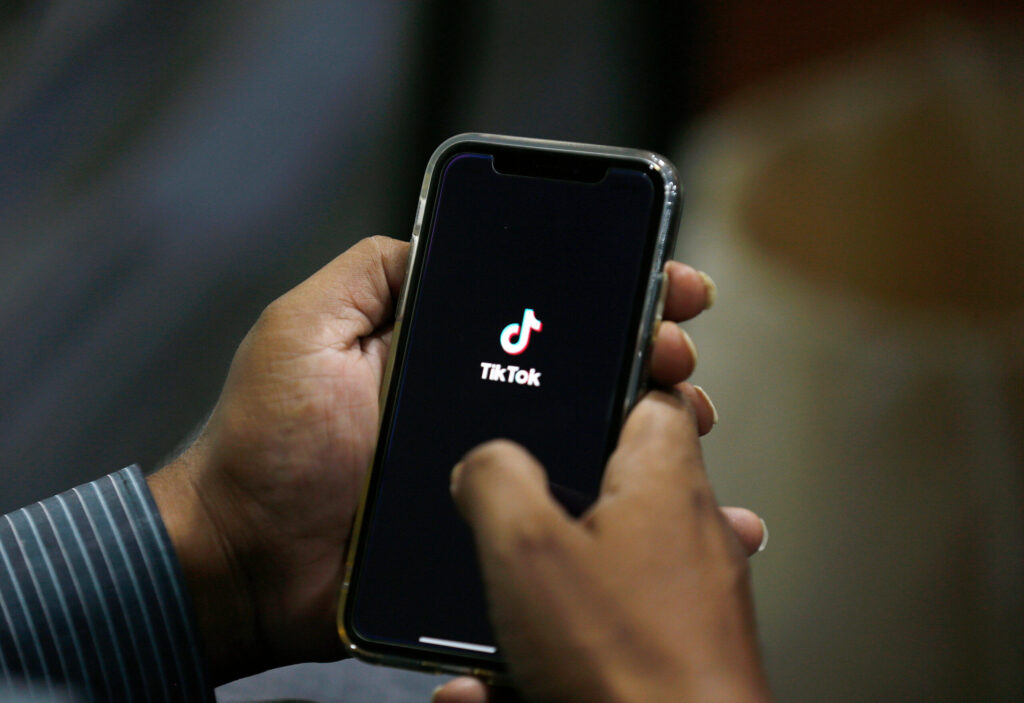Colorado’s Sen. Bennet seeks solutions for opioid addiction problems
WASHINGTON – U.S. Sen. Michael Bennet cited alarming figures on the rise of opioid addictions in Colorado as he asked expert witnesses at a Senate hearing Thursday for their suggestions on a solution.
He said too many addictions to the powerful painkillers are treated only after they reach a crisis.
“There’s agreement from the witnesses that a jail is a pretty lousy place to administer addiction treatment,” Bennet said.
Some victims have no choice on opioid addiction when their pregnant mothers take the drugs. An increasing number of children are being born in Colorado hospitals chemically dependent on the painkillers, Bennet said.
He mentioned a media report showing an 80 percent increase in Colorado newborns addicted to opioids between 2010 and 2015.
“I can only imagine that the number is worse in 2017,” he said. “In some parts of Colorado, the rate is even higher.”
Doctors have noticed a shift after their patients become addicted to opioids as they move from prescription drugs like OxyContin to street drugs, such as heroin, Bennet said.
“The number one cause of death for pregnant women and new mothers in Colorado was drug overdose,” he said.
The Senate Health, Education, Labor and Pensions Committee called the hearing to solicit suggestions from representatives of state programs that have demonstrated success in treating or reducing opioid use.
Rhode Island and Kentucky have developed two of the top treatment programs.
Rebecca Boss, director of Rhode Island’s Behavioral Healthcare Department, suggested using drugs that counteract addictive cravings to treat opioid addicts. Among addicted mothers, she said treatment immediately after giving birth was “critical.”
Bennet expressed frustration with the high number of opioid addicts who end up in jail but encounter difficulty getting treatment while they are imprisoned.
“Our rural areas struggle to find money for addiction treatment and care and management for inmates who are cut off from Medicaid,” Bennet said. The federal government curtails Medicaid benefits for persons who are imprisoned.
John C. Tilley, secretary of the Kentucky Justice and Public Safety Cabinet, said drug addiction treatment for inmates was “absolutely essential.”
He recommended follow-up interventions by social workers after the inmates who use drugs are released.
To avoid imprisonment, Tilley suggested wider use of civil commitment for drug addicts.
In civil commitment, courts can oversee treatment of drug addicts without convicting them of crimes. The addicts still would be eligible for Medicaid benefits.
Colorado’s most recent legislative effort to curb opioid addiction is coming from the General Assembly’s Opioid and Other Substance Use Disorders Interim Study Committee.
The bipartisan committee voted last month to introduce six bills for the 2018 legislative session to promote addiction treatment and prevention.
The bills would fund programs to train health care workers and law enforcement officers on opioid prevention, limit opioid prescriptions to seven-day supplies, increase residential treatment for addicts and set up a supervised injection facility in Denver for heroin users.
In addition, Colorado’s Office of Behavioral Health plans a public awareness campaign next spring to encourage opioid addicts to set their shame aside so they will seek treatment.
“We’re also enhancing the statewide crisis line to better serve individuals with opioid use disorder and law enforcement dealing with opioid-related calls,” Cristen Bates, director of strategy for the Office of Behavioral Health, told Colorado Politics.
Kristina Shaw, marketing director for Lafayette-based Mental Health Partners, said Colorado’s biggest failing in addressing the opioid crisis is hesitation by professionals and addicts to use available treatments.
“We need to aggressively address stigma and reluctance to face the epidemic,” Shaw said.
Examples she mentioned included law enforcement agencies whose officers do not carry Naloxone, a medication that can block the effects of opioids during overdoses. She also said hospital emergency departments should use more Medication-Assisted Therapies for opioid addicts and doctors should be given more feedback when they over-prescribe narcotics.
Mental Health Partners is a community mental health center that operates in several Colorado locations.













